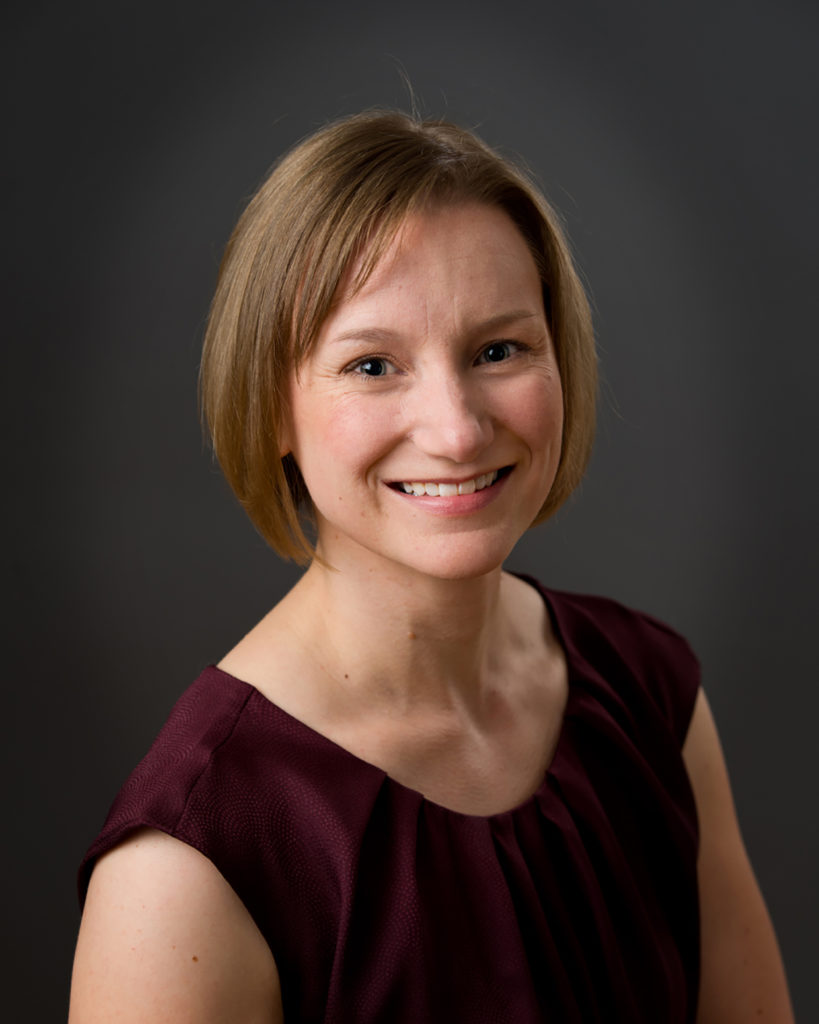As Bob Dylan wrote over 55 years ago “the times, they are a-changin’,” but have we? As the number of older adults within the United States is rapidly increasing, the proportion of music therapists working with this age group has remained relatively stable. In this presentation, we will discuss the diversity of aging adults and principles of access, equity, and participation as related to music therapy. Also, we will explore innovative opportunities to engage more aging adults in music therapy.
Learner Objectives:
- Identify at least three aspects of demographic diversity that may impact aging adults’ engagement in music therapy. (CBMT Domains II. B. 4; II. C. 4.; II. D. 2. c.; II. D. 8.; II. D. 9.; III. A. 1. f.; V. B. 2.; V. B. 11.)
- Relate the principles of access, equity, and participation to the practice of music therapy with aging adults. (CBMT Domains II. B. 4.; II. C. 4.; II. D. 2. c.; II. D. 8.; II. D. 9.; III. A. 1. f.; V. B. 2.; V. B. 11.)
- Identify at least two strategies to increase access and the equity of music therapy for aging adults. (CBMT Domains II. D. 2. c.; II. D. 8.; II. D. 9.)
Presenter Biographies:
Lindsey Wilhelm, PhD, MT-BC is an Assistant Professor of Music Therapy at Colorado State University. Her research interests include how music-based approaches can support aging adults’ well-being and music therapy student education.
Melita Belgrave, PhD, MT-BC serves as an Associate Dean for Culture and Access, and Area Coordinator for Music Therapy at Arizona State University. Her research interests include music-based intergenerational programs and geriatric populations.


